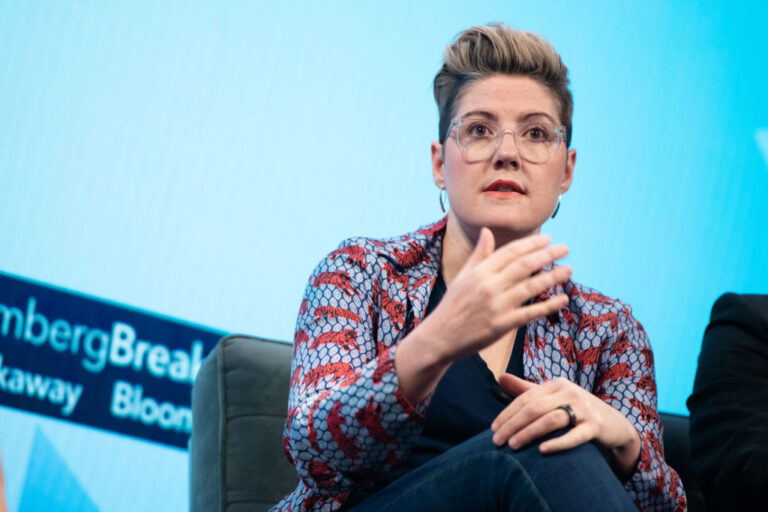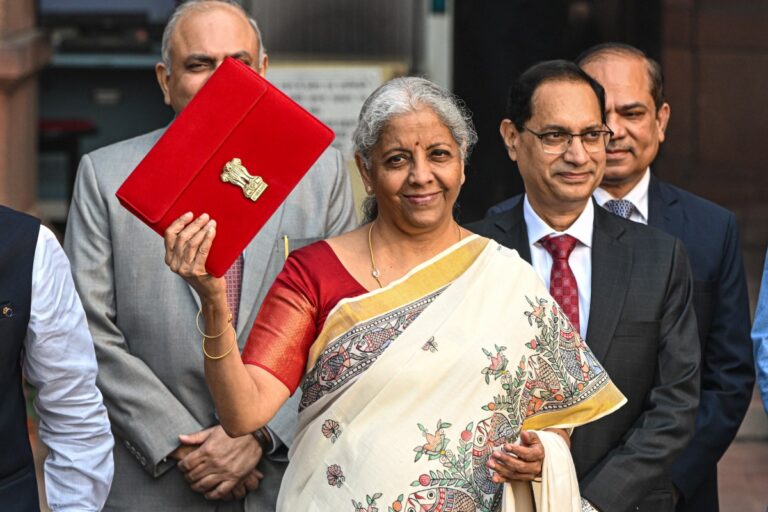LM Arena Under Fire: Allegations of Assisting Leading AI Labs in Benchmark Manipulation
In a recent revelation, a collaborative study from AI research institutions, including Cohere, Stanford, MIT, and Ai2, has raised serious concerns regarding the practices of LM Arena, the organization behind the widely used AI benchmark, Chatbot Arena. Allegations suggest that LM Arena has provided preferential treatment to a limited number of AI firms, enabling them to achieve superior leaderboard positions while sidelining their competitors.
Unveiling Allegations Against LM Arena
The authors of the study claim that LM Arena allowed prominent AI companies, such as Meta, OpenAI, Google, and Amazon, to conduct private tests on multiple variants of their AI models without disclosing the scores of the least-performing models. This practice allegedly skewed the leaderboard in favor of these select companies.
Insights from the Study
Sara Hooker, VP of AI Research at Cohere and co-author of the paper, emphasized the disparity in access to testing opportunities among AI companies. In an interview with TechCrunch, she stated, “Only a handful of companies were informed about the availability of private testing, and the extent of testing received by some was significantly greater than that of others. This constitutes gamification.”
Chatbot Arena: The Benchmarking Platform
Established in 2023 as a research initiative at UC Berkeley, Chatbot Arena serves as a critical evaluation tool for AI models. It operates by presenting responses from two distinct AI models in a head-to-head “battle,” allowing users to vote for the superior response. Models often compete under pseudonyms, contributing to the platform’s dynamic environment.
- Votes accumulate over time to influence a model’s score.
- The leaderboard reflects these scores, impacting visibility and credibility.
Accusations of Favoritism
The study alleges that Meta was able to conduct private tests on 27 model variants ahead of its Llama 4 release, revealing only the score of a single model that ranked highly on the leaderboard. The authors contend that this selective disclosure further demonstrates the inequity in the testing process.
Responses from LM Arena
In response to the allegations, Ion Stoica, Co-Founder of LM Arena and UC Berkeley Professor, criticized the study for containing “inaccuracies” and “questionable analysis.” In a statement to TechCrunch, Stoica insisted, “We are committed to fair, community-driven evaluations and invite all model providers to submit their models for testing.”
Calls for Increased Transparency
The authors of the study conducted their research after discovering potential preferential access granted to certain AI firms. Over a five-month period, they analyzed more than 2.8 million battles within Chatbot Arena.
One major finding indicates that favored companies could enhance their models’ performance on Arena Hard, another benchmark maintained by LM Arena, by as much as 112% through increased data sampling. However, LM Arena refuted this claim, stating that performance on Arena Hard does not directly correlate with results in Chatbot Arena.
Recommendations for Improvement
The researchers propose several measures to enhance fairness within Chatbot Arena:
- Implement transparent limits on the number of private tests for AI labs.
- Publicly disclose scores from private tests.
- Adjust sampling rates to ensure equitable representation of all models.
While LM Arena has publicly acknowledged the need for improvements, it has rejected certain recommendations, arguing that displaying scores from unreleased models is impractical.
Looking Ahead
As LM Arena prepares to launch a new company and attract investors, the scrutiny surrounding its benchmarking practices intensifies. These developments raise questions about the integrity of private benchmarking organizations and their ability to evaluate AI models impartially.
For more insights on AI benchmarking, check out our related articles on AI Benchmarking and Forbes.







